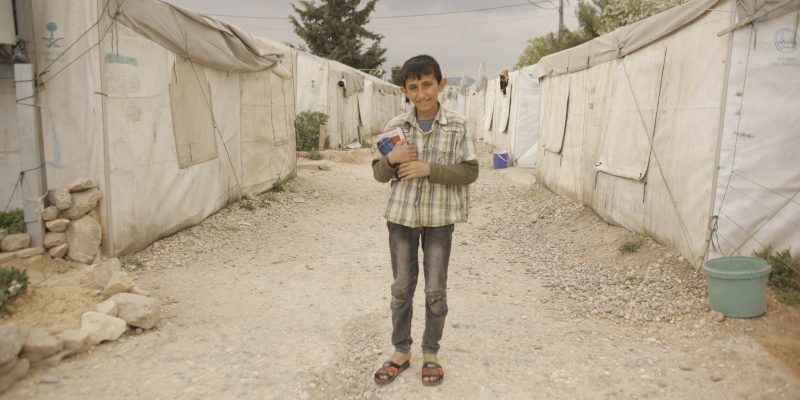1. How is life for refugees in Greece (I)
Daniela Sala’s reportage for Left takes us on a journey through the failing Greek refugees’ reception system – amongst camps improvised in former ports or airports and grassroots occupations.
2. How is life for refugees in Greece (II)
The stories of the refugees living in the occupied Athens’ Hotel City Plaza (on Internazionale) and in the Elliniko Camp (on La Repubblica). Eleonora Camilli reports from Greece.
3. The United Kingdom: no country for refugees
Things are not much better in other European countries. For instance, the British reception system is also failing and many refugees in the country live in despairing conditions – not even fit for dogs, writes Olivia Laing on the Guardian.
4. Do we really care more about Pokemon than about Syrian refugees?
The new smartphone game Pokemon Go is breaking the internet and is undoubtedly the hot topic of the moment. But are we really more interested in catching Pokemons than in helping out Syrian refugees, asks a new campaign?
These Syrians might have you thinking about Pokemon Go in a different way: https://t.co/ulGoVBJPiy
— AJ+ (@ajplus) July 24, 2016
5. Shedding light on the functioning of the Italian reception system
Back to Italy, things remain very problematic – according to a new report by the campaign LasciateCIEntrare (as reported by Melting Pot and Carta di Roma). Two crucial points highlighted are the inadequacy of maintaining an “emergentialist” approach and the many obstacles faced by activists and journalists alike in accessing the centres where reception happens.
6. Making refugees welcome – with poetry, yoga and cooking classes
How can we help refugees process their trauma and build new lives in the countries that receive them? For instance, through yoga, which is especially useful for women who have been victims of violence, writes Kirstie Brewer on the Guardian, kitchen classes and dinner parties (going strong in Berlin, according to David Farley’s article on the New York Times) and poetry (which has a therapeutic power, especially for young girls, recounts Kate Clanchy’s beautiful long-read on the Guardian).
7. The big and fat European business of weapons export – at the expenses of refugees
There are people who are making big money out of the refugee crisis, writes Lidia Baratta on Linkiesta: in fact, there are companies who are getting rich thanks to the business of border control and, furthermore, to the trade of weapons in Middle East and North Africa (thus alimenting conflicts that turn people into asylum seekers by forcing them to flee their countries).
This puts Europe in a rather complex and contradictory position: how can the EU manage a crisis which is being fueled by its very own commercial interests?
8. Trapped in transit
The stories of migrants, asylum seekers and refugees locked up in Libya – collected and recounted by Doctors Without Borders (MSF) – are extremely harsh and provide a telling picture of the many abuses and violences people on the move have to face in the african country, amongst inhumane and degrading detention, kidnappings, forced labour, sexual violence and prostitution.
9. Our home in the desert
Zaatari is Jordan’s fourth city – but it is not a regular metropolis. In fact, this densely populated “desert city” is actually the world’s biggest camp for Syrian refugees. How is life in the desert for the camp’s 80,000 residents? A moving documentary by BBC (reviewed by Patrick Kinglsey on the Guardian) tells the story.
10. A Syrian refugee captured real lives and surreal dreams
When Omar Imam works in refugee camps, he takes a decidedly different approach than other photojournalists covering an international humanitarian crisis, and that’s because he is a Syrian refugee himself. In this stunning photoreportage for the New York Times, he narrates the real lives and surreal dreams of his compatriots.
(HEADER IMAGE: Ariel Rubin for UNDP / Flickr Creative Commons)










